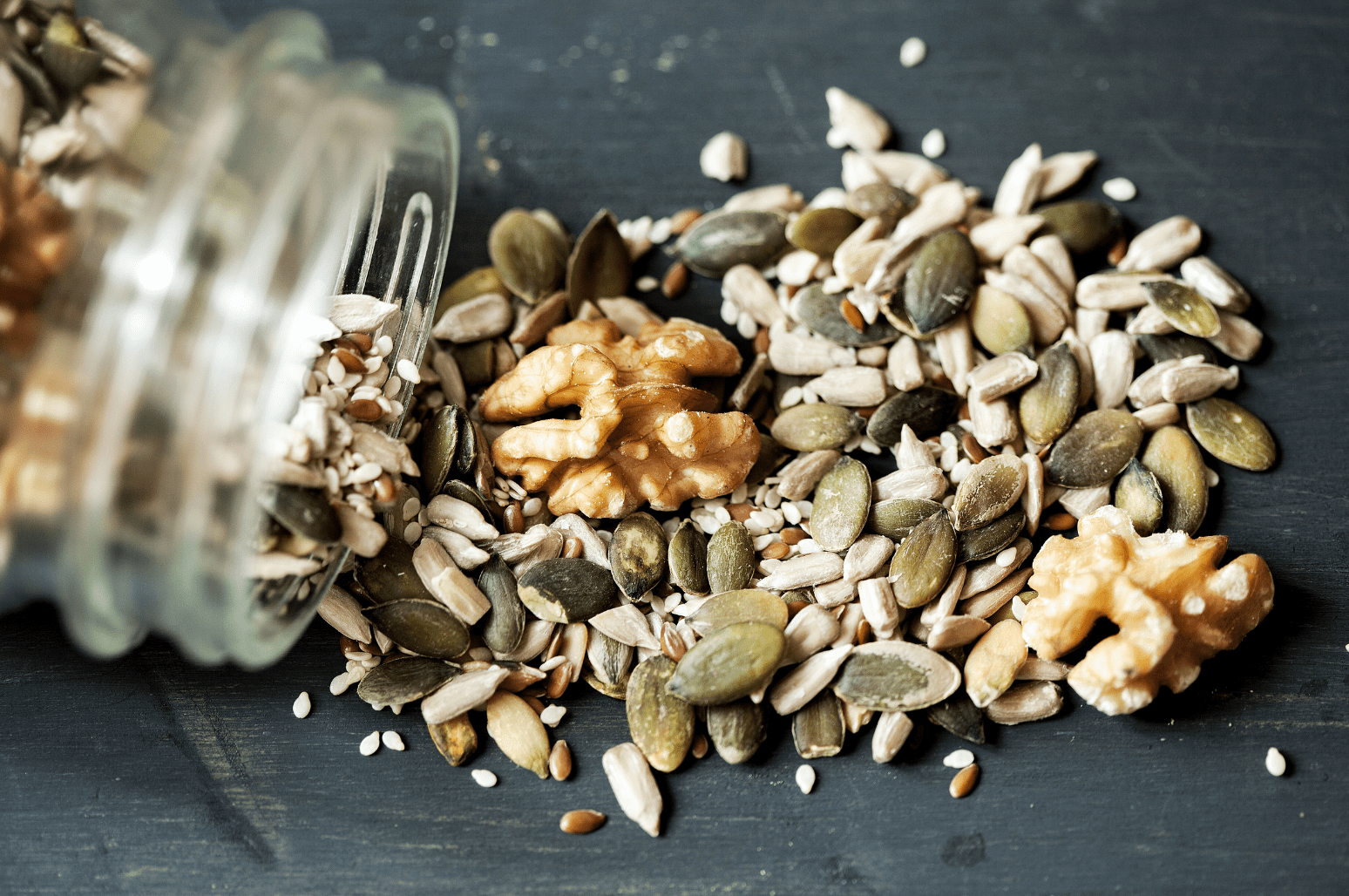
Ghee is prominent in Indian cuisine, and recently, it’s been gaining popularity elsewhere. Ghee is a butter alternative that’s often touted for its health benefits. What is ghee? What are the health benefits and why should you consume ghee?
What is Ghee?
Ghee is a form of clarified butter where the milk solids and water have been removed, making it more concentrated in fat. This form of butter is usually derived from cows’ milk (often grass-fed cows), but it might also be made from buffalo milk. For thousands of years, ghee has been used in Pakistani and Indian cultures.
Ghee was originally created to prevent the butter from spoiling in warm weather. Ghee is also used in Ayurvedic medicine — a type of Indian alternative medicine. In some cultures, ghee is believed to be beneficial for the nervous system, immune system, and helps protect again heart disease.
The milk solids have been removed, so ghee doesn’t require refrigeration and can be kept at room temperature for several weeks. You can use grass-fed butter to make your own ghee at home.
To make ghee, you heat unsalted butter to separate the milk solids and liquid portions from the fat. You boil the butter over high heat until its liquid evaporates, and milk solids settle at the bottom of the pan and turn golden to dark brown. Allow the remaining ghee to cool until it’s warm and strain the ghee before moving it to containers or jars.
What are the Benefits of Ghee?
Here are some of the health benefits of ghee.
1. Keto-Friendly Food!
Ghee has a little more fat than butter and provides slightly more butyric acid and other short-chain fatty acids. With only trace amounts of carbs, ghee is a keto-friendly food. Ghee is also a rich source of vitamin A and E (fat soluble vitamins) [1] [2] [3].
2. Might Reduce Inflammation
Research shows the type of fats found in ghee might reduce inflammation and promote digestive health. Inflammation is associated with various health conditions [4].
3. Butter Alternative
Ghee is free of the milk protein casein and the milk sugar lactose, compared to butter, which contains small amounts of both. For those with allergies and sensitivities to these dairy components, ghee makes a better alternative.
4. Soothes and Heals Skin
Some people use ghee topically as a cream for burns, rashes, or wounds. Research has confirmed the antimicrobial and antioxidant activity and healing properties of ghee for the skin. This might be due to the vitamin E and vitamin A content [5] [6].
5. Safer for Cooking
Studies show that compared to vegetable oils, ghee is a more heat-stable and safer option for cooking, particularly at higher temperatures [7] [8].
6. Might be Helpful for Weight Loss
Compared to butter, ghee contains more conjugated linoleic acid — a polyunsaturated fat that might increase fat loss [9].
Do You Reap the Benefits of Ghee on Keto?
Share your favorite ways to incorporate ghee in your ketogenic diet.
References
Self Nutrition Data. Butter Oil, Anhydrous, Nutrition Facts & Calories. https://nutritiondata.self.com/facts/dairy-and-egg-products/2/2
Self Nutrition Data. Butter, Without Salt, Nutrition Facts & Calories. https://nutritiondata.self.com/facts/dairy-and-egg-products/133/2
United States Department of Agriculture. Ghee. https://fdc.nal.usda.gov/fdc-app.html#/food-details/594744/nutrients
German, J. B., & Dillard, C. J. (2004). Saturated fats: What dietary intake? American Journal of Clinical Nutrition, 80(3), 550-559. DOI: 10.1093/ajcn/80.3.550
Udwadia, T. E. (2011). Ghee and honey dressing for infected wounds. Indian Journal of Surgery, 73(4), 278-283. DOI: 10.1007/s12262-011-0240-7
Kotian, S., Bhat, K., Pai, S., Nayak, J., Souza, A., Gourisheti, K., & Padma, D. (2018). The role of natural medicines on wound healing: A biomechanical, histological, biochemical and molecular study. Ethiop J Health Sci, 28(6), 759-770. DOI: 10.4314/ejhs.v28i6.11
American Cancer Society. Acrylamide and Cancer Risk: What is Acrylamide? https://www.cancer.org/cancer/cancer-causes/acrylamide.html
Daniali, G., Jinap, S., Hajeb, P., Sanny, M., & Tan, C. P. (2016). Acrylamide formation in vegetable oils and animal fats during heat treatment. Food Chem, DOI: 10.1016/j.foodchem.2016.05.174
Whigham, L. D., Watras, A. C., & Schoeller, D. A. (2007). Efficacy of conjugated linoleic acid for reducing fat mass: A meta-analysis in humans. Nutrition, 85(5), 1203-1211. DOI: 10.1093/ajcn/85.5.1203









